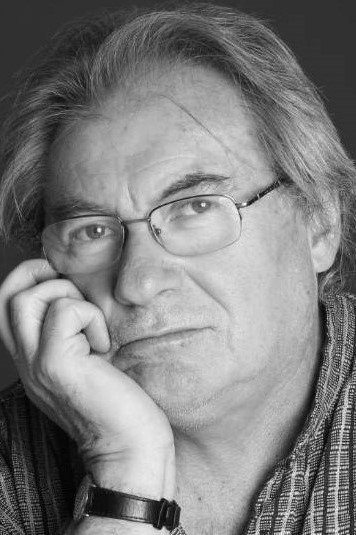
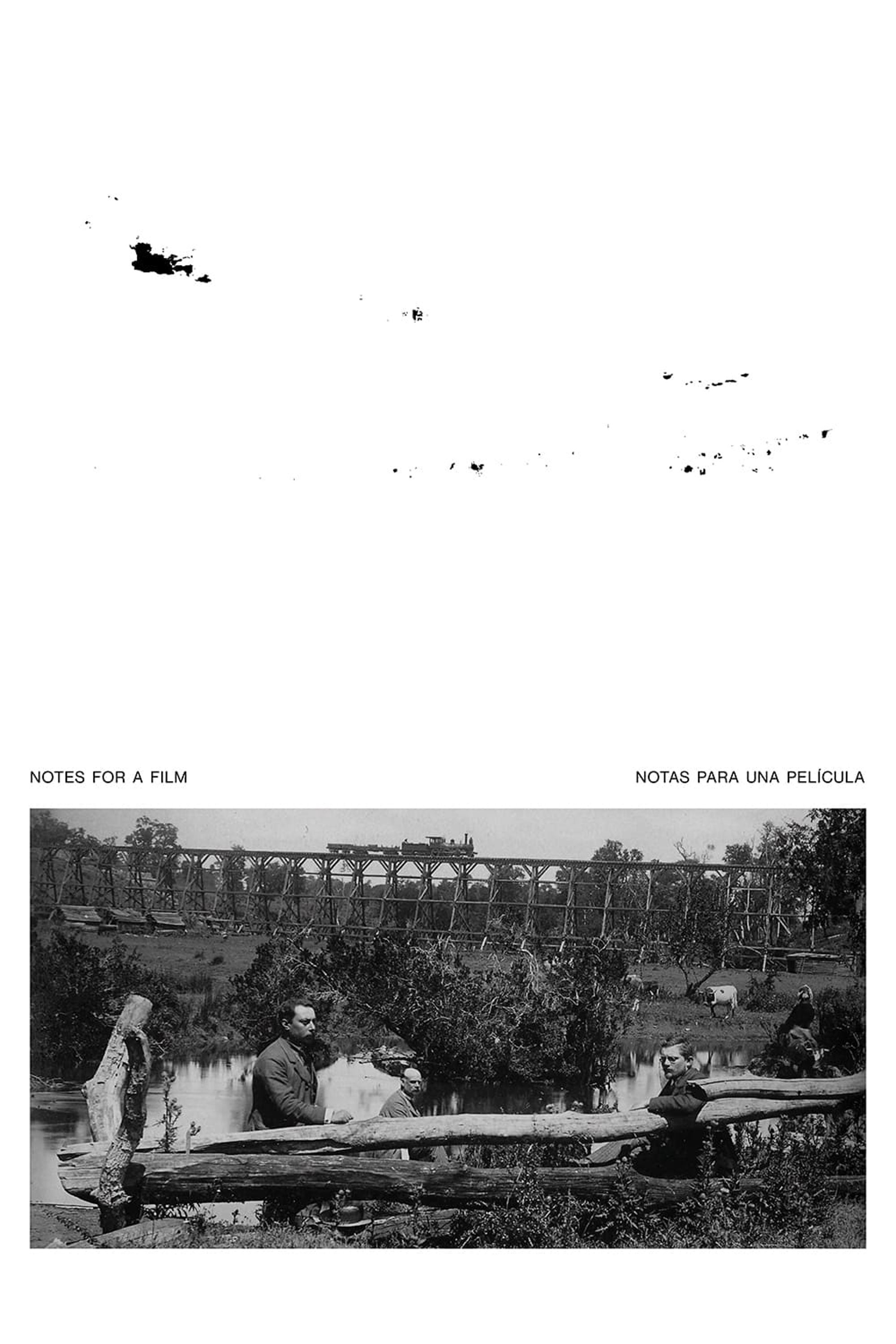
Belgian civil engineer Gustave Verniory still had a lot to learn when in 1889 he was hired to construct a railroad across the unspoiled natural landscape of Araucanía, a region that had recently become part of Chile. The tumultuous past and the ever-changing landscape are a constant background presence in Notes for a Film.
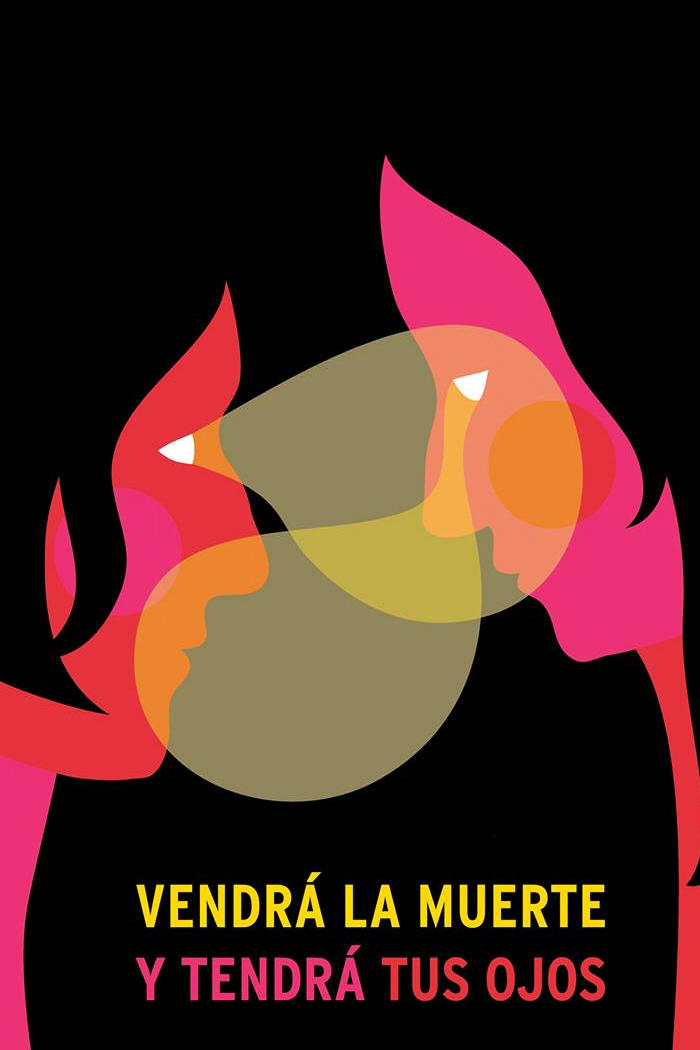
Two women who have spent their whole lives together must deal with the illness affecting one of them. The sick woman decides not to have treatment and they move into a cabin in the woods to wait for the day that death will come into their lives. The situation sees the resurfacing of the love that time had buried under the routine. Gradually their relationship will strengthen as death bides its time outside the cabin.
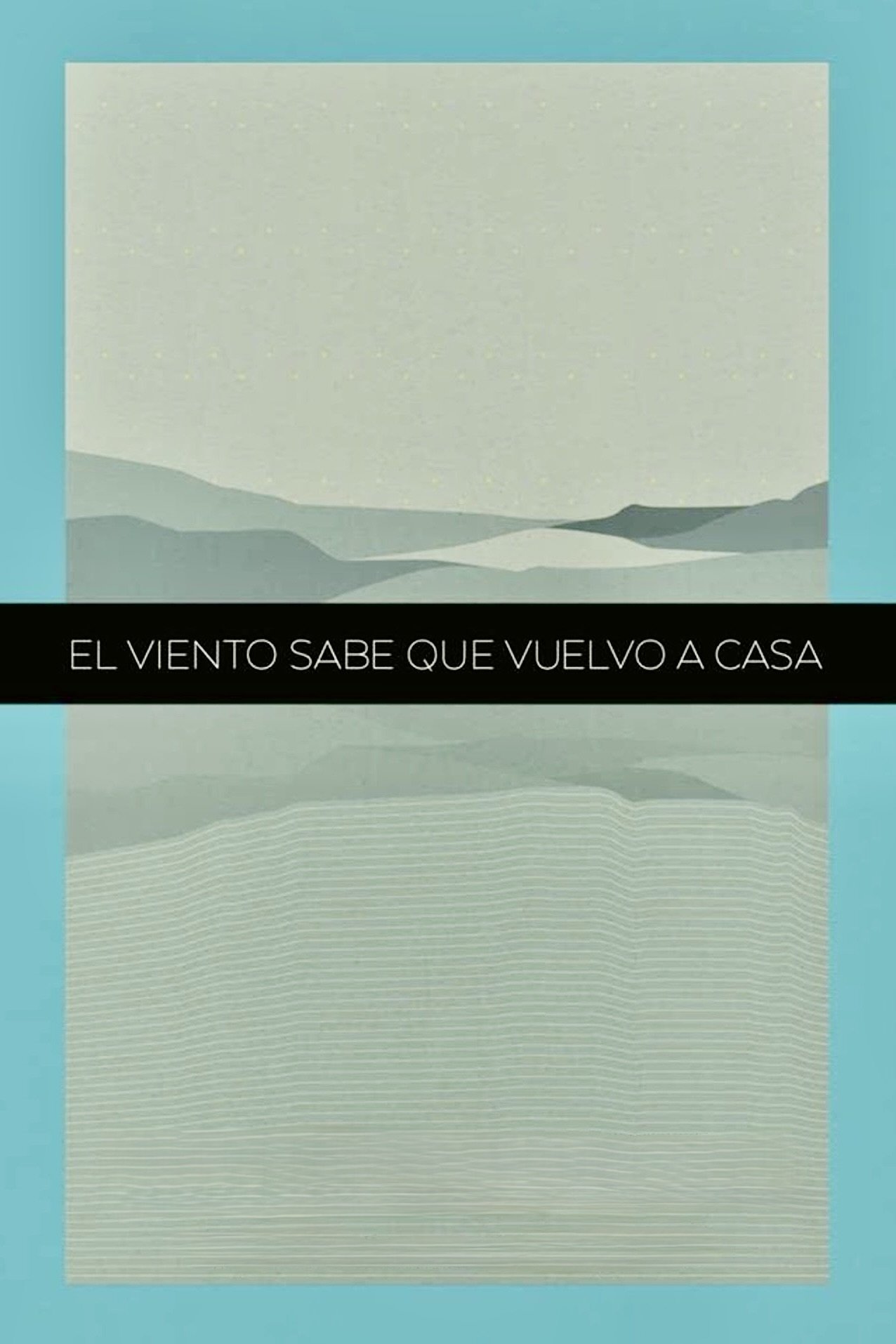
Looking for extras and locations, a filmmaker settles on Chiloé, the second largest island off the coast of Chile. He does auditions, but mainly listens patiently to the stories of young and old people. As an outsider, he cautiously searches for the soul of the community and its underlying tensions.
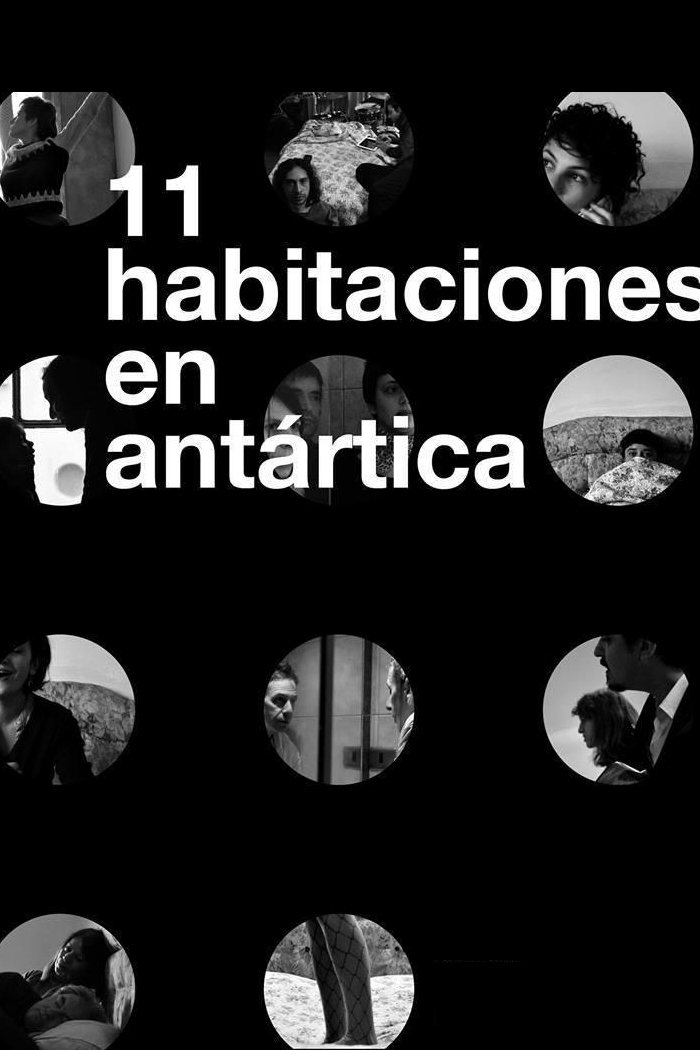
Leo Quinteros music is the base to this film in which filmmakers, actors and actresses and other creators reunite in different hotel rooms.

A prominent Chilean documentary director shares his family album with the film editor of his late works. A review of one hundred photographs and a quiet conversation will rise to memories of the films of one of the most personal filmmakers.
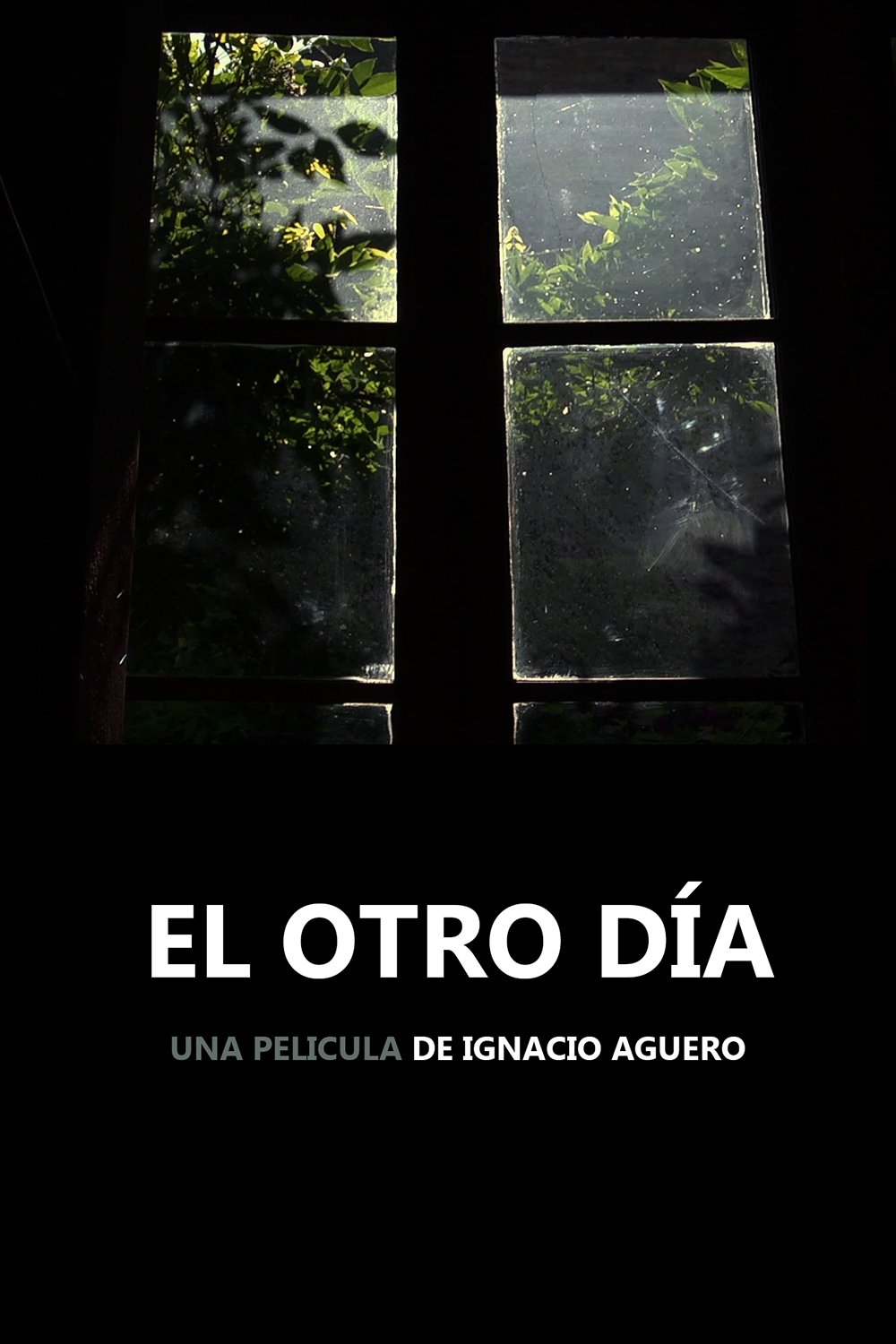
The house of the director has a door out to the sidewalk. This gate separates the inside from the outside. The interior contains the filmmaker's personal story and his world of objects, thoughts and imaginations. Outer space contains the city of Santiago de Chile. The stories of the world inside the house are interrupted when the doorbell rings unknown and thus come into the film.
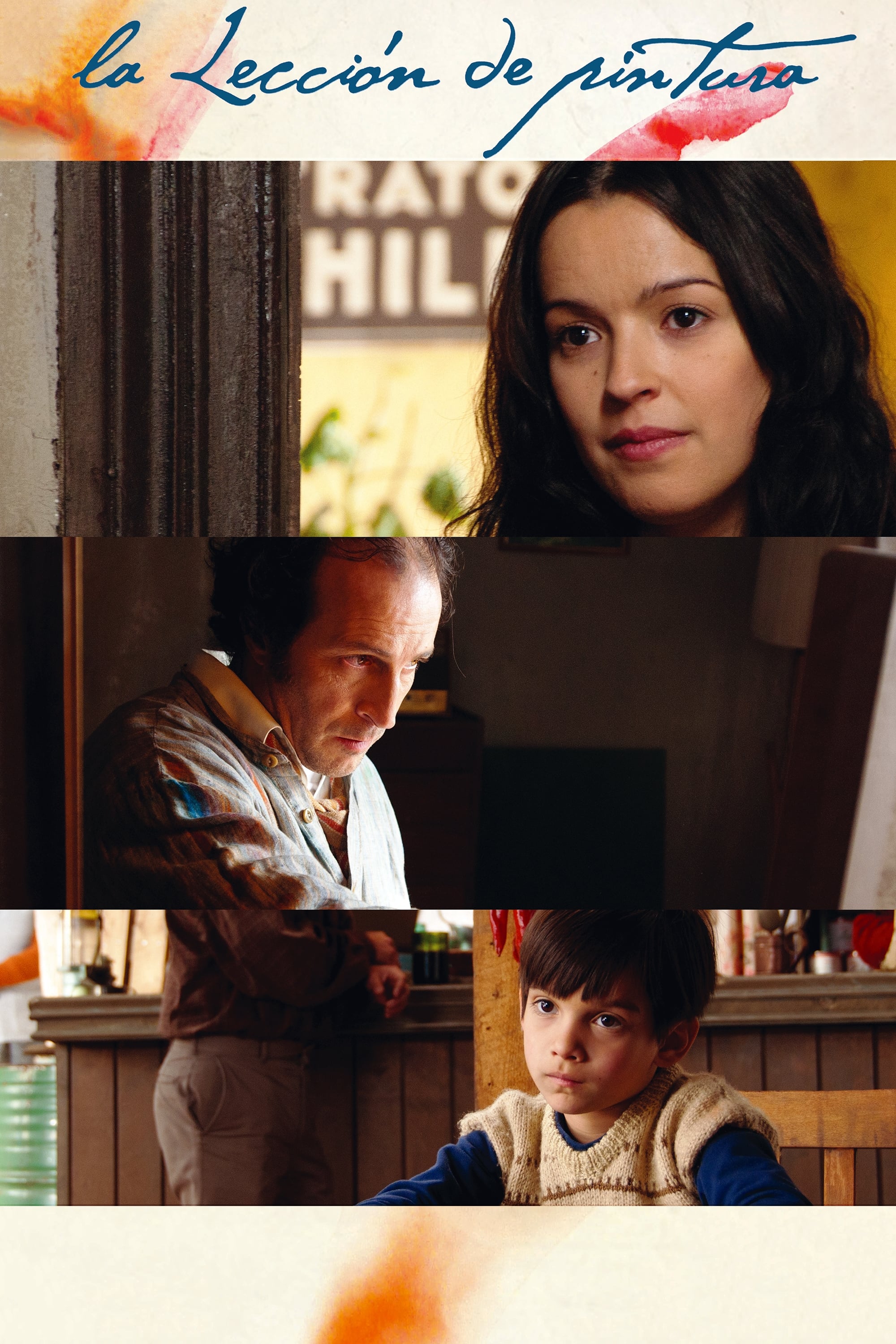
In Chile, during the 60´s, the son of a poor single teenage girl turns out to be a gifted painter. The man to discover his talent is the owner of the drugstore that lies in the outskirts of the small rural town, next to the railroad. He himself is an amateur painter who will try to make the boy into a great artist, like all the ones in his art books. From the pharmacists point of view in his old age, unfolds the story of this young boy who could have become a great art genius, had he not disappeared at the age of 13, along with all his works, on September 11th 1973, the day of the coupe d´état.
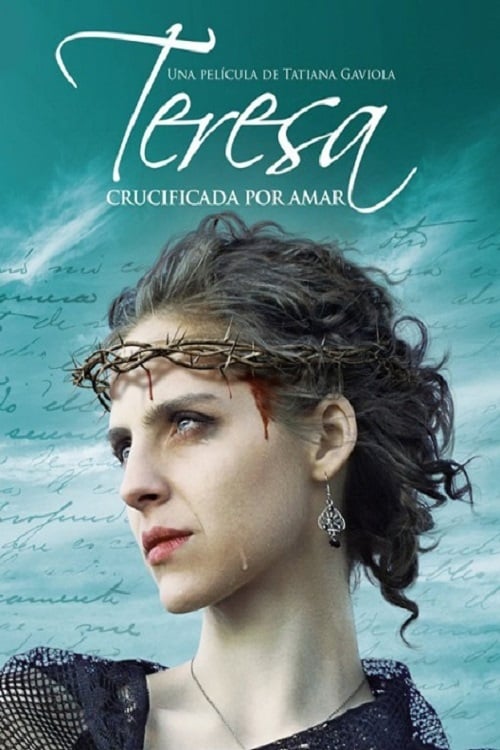
Teresa Wilms Montt is a writer, a rebellious woman, tormented and beautiful. He marries at age 17 challenging family opposition. She falls in love with someone she should not and the family court condemns her to confinement in a convent. Separated from her two daughters, she escapes to Buenos Aires with Vicente Huidobro. From that flight her life becomes an exciting and tragic itinerary.
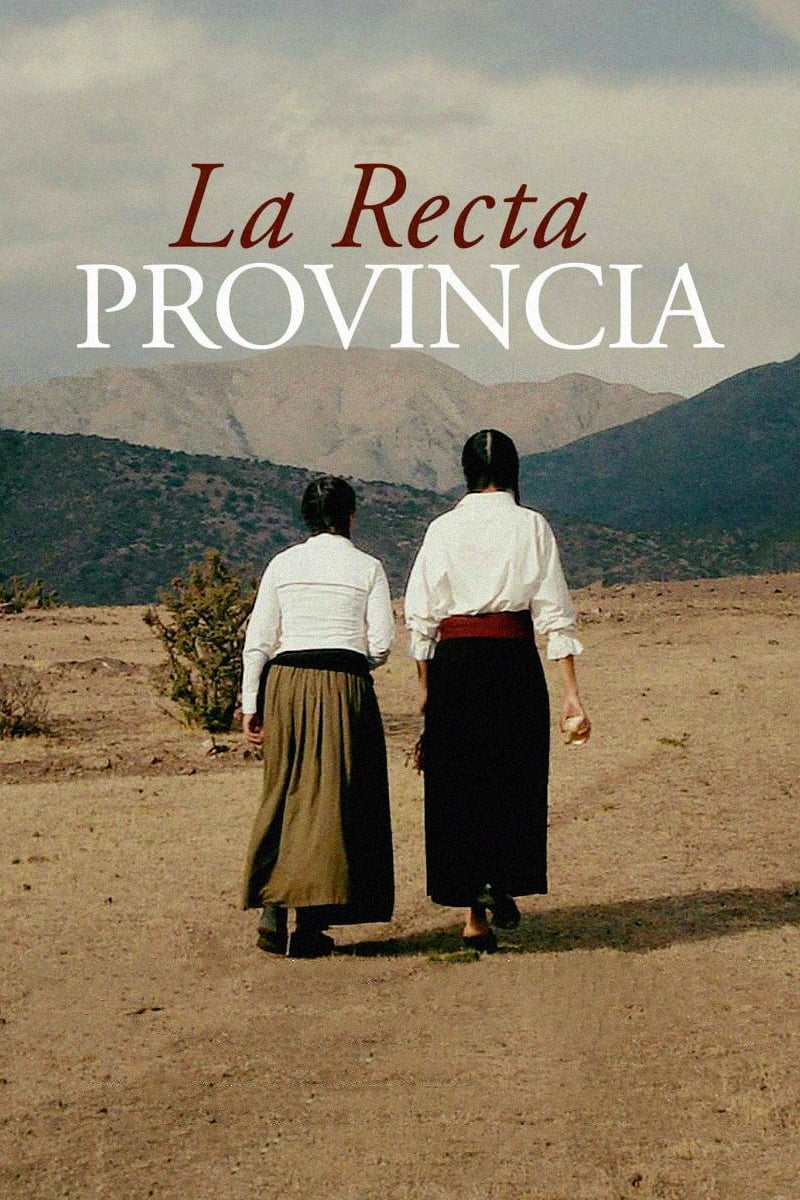
This was a man. He lived with his mother. He cared a manor house in the countryside of Chile. One day the man found a bone in the garden. The bone was bored. That was a bone flute. The man with the flute music play. And music song became. The voice of the song begging to seek the other bones of his scattered body. The man and his mother were in those ways of God and hell, looking for the bones that make up the skeleton of that Christian. And give him a Christian burial. And they saw what they saw, they lived what they lived. Many stories lived. And although they did not tell anyone, others told them.
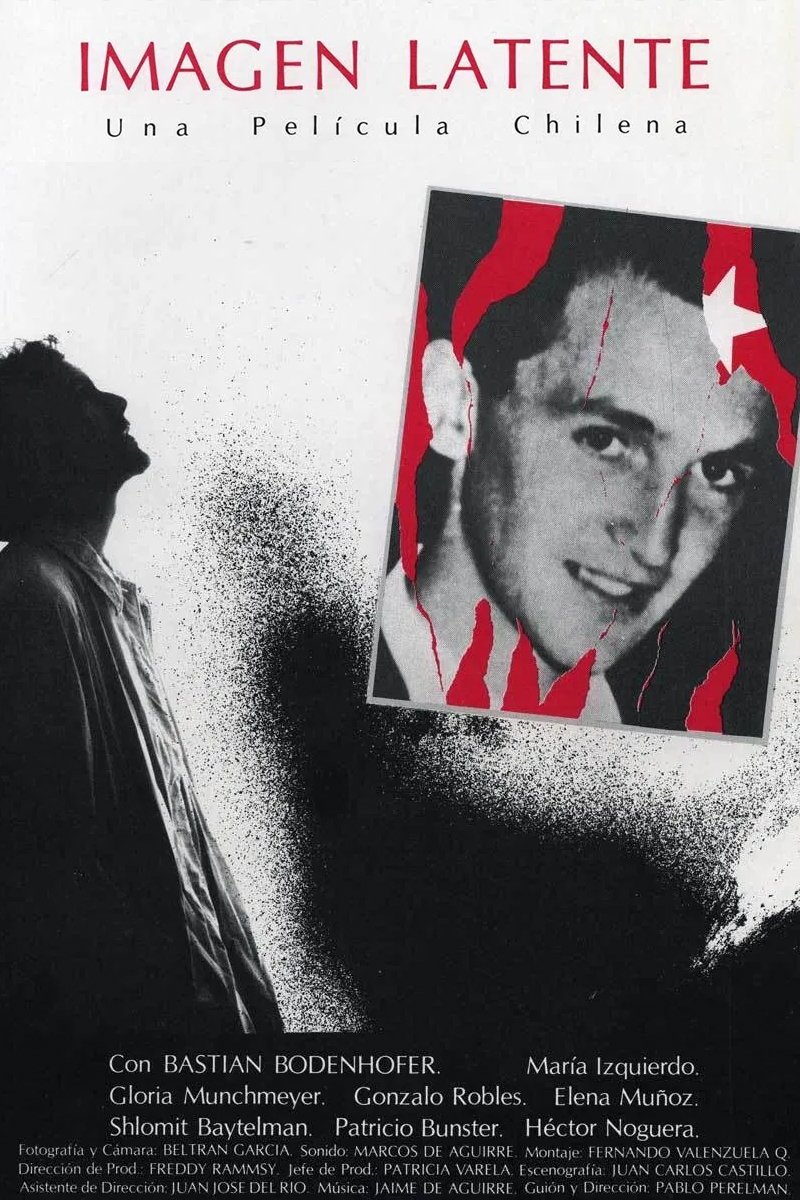
In the late 1980s, a politically neutral photographer in Pinochet's Chile is still struggling to come to terms with the "disappearance" of his activist brother in the Villa Grimaldi torture centre back in 1975.
Ignacio Agüero is one of the most renowned documentary filmmakers in Chile. He studied Architecture and Cinema, and graduated from the School of Communication Arts of the Universidad Católica de Chile, with the title of Artistic Director with a mention in cinema in 1979. He is a founding member of the Association of Documentary Filmmakers of Chile, of which he was its first president. Although he has stood out for making independent documentaries, he has also worked as a producer, editor, cameraman, actor, and has been a judge in national and international competitions. In 1988 he participated as co-director and editor of "La Franja del NO", a television message in the campaign for the plebiscite that overthrew the dictatorship of Augusto Pinochet. Parallel to his work as a filmmaker, he has produced numerous works commissioned by television, both national and foreign. Among them, the most important ones: Neruda, all the love (1998), with script by Antonio Skármeta, filmed for Canal + Spain, and several chapters of the series Heredia & asociados, based on the stories of novelist Ramon Diaz Eterovic. From his production company Ignacio Agüero & Asociado, he produced the series Maldito corazón, about historical crimes in Chile, winner of the National Television Council contest and produced for Chilevisión in 2011. No olvidar (1982), his initial film, touches on the theme of the so-called "Lonquén Ovens Massacre", committed in 1978 and discovered a few years later. In 1988, Agüero made a documentary that made history, One Hundred Children Waiting for a Train. From misery and marginality, the film tells the innocent story of a group of children who travel from their town to the center of the city to attend a film session for the first time. It was awarded the First Prize for a Documentary at the 1988 Havana Film Festival, the year of its premiere. In 1993 she premiered the documentary Dreams of Ice, which won the Grand Prize for Documentary at the Mannhein-Heidelberg Festival in 1994, and in 2000 her documentary Aquí se construye, first prize at the Docupolis Festival in Barcelona, and best national documentary at FIDOCS (Santiago de Chile) in 2001. In 2004 he made the documentary La mamá de mi abuela le contó a mi abuela. Later he made the outstanding documentary El diario de Agustín (2008), about the active participation of the newspaper El Mercurio in the military coup and later in the consolidation of the military dictatorship. In 2011, he made a documentary about the building that currently houses the Gabriela Mistral Cultural Center, GAM (2001) and in 2012 he premiered his personal documentary El otro día, a film with Al that won the Altazor 2014 Award for documentary direction. This is the fourth Altazor obtained by Ignacio Agüero after the triumphs of 2005 with La mamá de mi abuela le contó a mi abuela, 2006 with Heredia y Asociados and 2009 with El diario de Agustín. He has conducted numerous training workshops in Chile, Mexico, Barcelona, Bolivia, and has developed project tutorials in Mexico, Costa Rica, Buenos Aires, Nicaragua and Chile. Ignacio Agüero is an associate professor at the Institute of Communication and Image (ICEI) of the Universidad de Chile and Coordinator of the Master's Degree in Documentary Film.
By browsing this website, you accept our cookies policy.